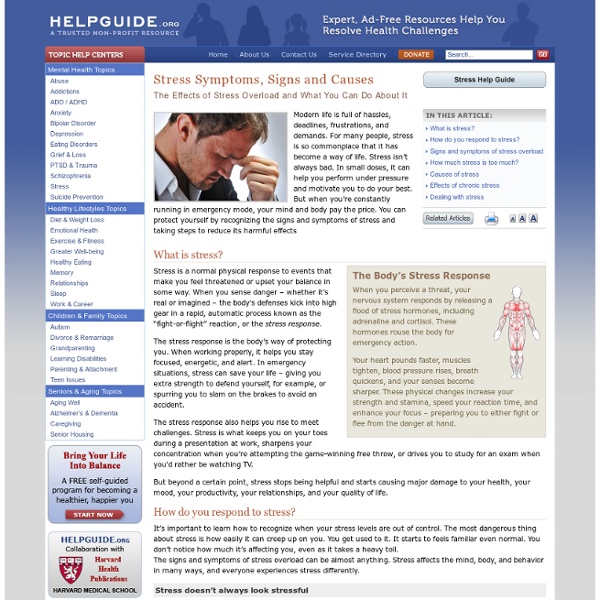List of Emotions - Human Emotional Chart
This list of human emotions plots the descending spiral of life from full vitality of the energy of life and high consciousness through half-vitality and half-consciousness down to death. This list of emotions chart also enables to both predict and understand human behavior in all manifestations, making possible to predict the behavior of a potential spouse, a business partner, employee or friend - before you commit to a relationship. Numbers assigned to this list of emotions chart are arbitrary to show a relative degree or intensity of perceived emotion of happiness in accordance to available creative power or life's energy to the individual. Happiness encompasses a whole range of emotions from certain energy frequency level (4.0 enthusiasm level in our chart below) and up. - What we call the Happiness Domain.
A Surprising Nutrient That Helps Kids Sleep
Sleeplessness among children is common, occurring in as many as 40% of kids. Sleep deprivation can crescendo into a variety of other problems, including fatigue, declining school performance, depression, behavioral issues, weight gain and even poor general health. An Oxford University study recently published in the Journal of Sleep Research reveals findings that provide valuable insights about causes of sleeplessness in children. More importantly, the study sheds light on a nutrition-oriented approach to improving sleep. The researchers evaluated the sleep patterns of 395 children aged 7 to 9. In addition, they performed a blood analysis on these children to measure their levels of DHA, an omega-3 fatty acid.
physical Effects of Stress - general Psychology
Constipation, diarrhea and high blood pressure are some of the physical effects of stress. To know more about physical and psychological effects of stress, read on... Stress is defined as the body's response to overdose of anxiety.
18 Behaviors of Emotionally Intelligent People
When emotional intelligence (EQ) first appeared to the masses, it served as the missing link in a peculiar finding: people with average IQs outperform those with the highest IQs 70 percent of the time. This anomaly threw a massive wrench into the broadly held assumption that IQ was the sole source of success. Decades of research now point to emotional intelligence as being the critical factor that sets star performers apart from the rest of the pack. The connection is so strong that 90 percent of top performers have high emotional intelligence. Emotional intelligence is the "something" in each of us that is a bit intangible. It affects how we manage behavior, navigate social complexities, and make personal decisions to achieve positive results.
Amygdala
Human brain in the coronal orientation. Amygdalae are shown in dark red. Structure[edit]
Recognize these emotions
The Passion and Reason 15 The book Passion and Reason provides clear definitions and descriptions of 15 separate emotions. These are: Anger — Conspecific threat, trespass, loss attributed to an agent, unjust insult, thwarted goals, plea for justice Envy — Desiring other's stature objects Jealousy — Threat to sexual access.
Physical Activity in Schools is Essential to Reversing Childhood Obesity
For those working to reverse the trend in childhood obesity, there is significant cause for excitement. After three decades of steady increases, obesity rates have, for the first time, remained level in nearly every state in the nation. The news, reported last month by the Robert Wood Johnson Foundation, is indeed cause for celebration. However, the current obesity statistics, particularly those among children, remain dramatic and concerning.
How to Stop Worrying
Undoing the Worrying Habit Once acquired, the habit of worrying seems hard to stop. We're raised to worry and aren't considered "grown up" until we perfect the art. Teenagers are told: "you'd better start worrying about your future". If your worries aren't at least as frequent as your bowel movements, you're seen as irresponsible, childish, aimless.
Are you emotionally intelligent? Here’s how to know for sure
When emotional intelligence (EQ) first appeared to the masses, it served as the missing link in a peculiar finding: people with average IQs outperform those with the highest IQs 70 per cent of the time. This anomaly threw a massive wrench into the broadly held assumption that IQ was the sole source of success. Decades of research now point to emotional intelligence as being the critical factor that sets star performers apart from the rest of the pack. The connection is so strong that 90 per cent of top performers have high emotional intelligence.
Basic Emotions
Explanations > Emotions > Basic Emotions List of emotions | So what List of emotions What are the basic emotions? As ever, theorists disagree.
Why Kids Shouldn t Specialize in One Sport
"It [specialization] is one of the worst developments imaginable at the youth sports level. Physically, emotionally, developmentally, it's a huge, huge mistake. And it absolutely is happening. It is sweeping the country." -- Bruce Svare, Ph.D., director of the National Institute for Sports Reform
How to Stop Worrying: Self-Help for Anxiety Relief
Why is it so hard to stop worrying? Constant worrying takes a heavy toll. It keeps you up at night and makes you tense and edgy during the day.



